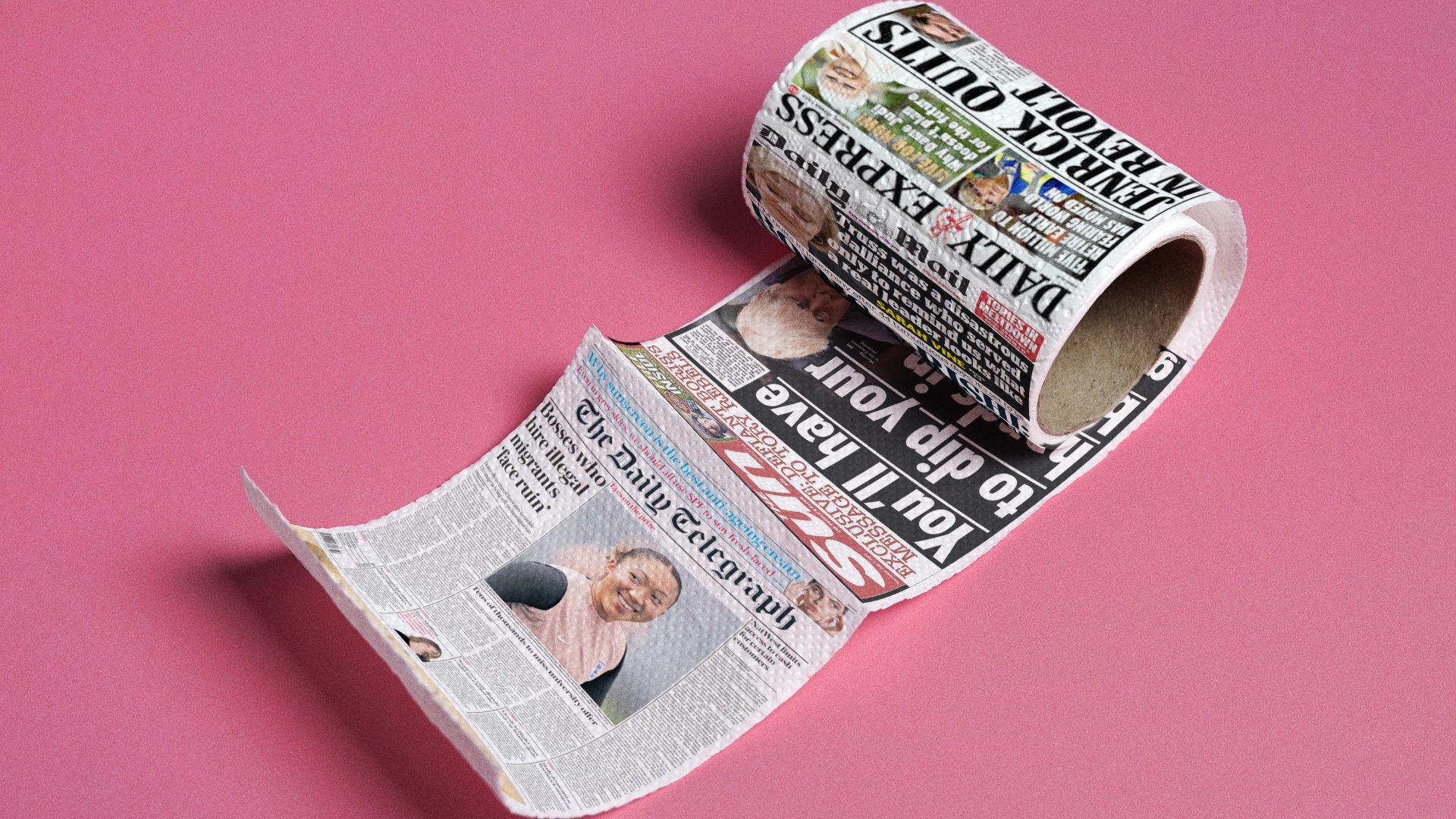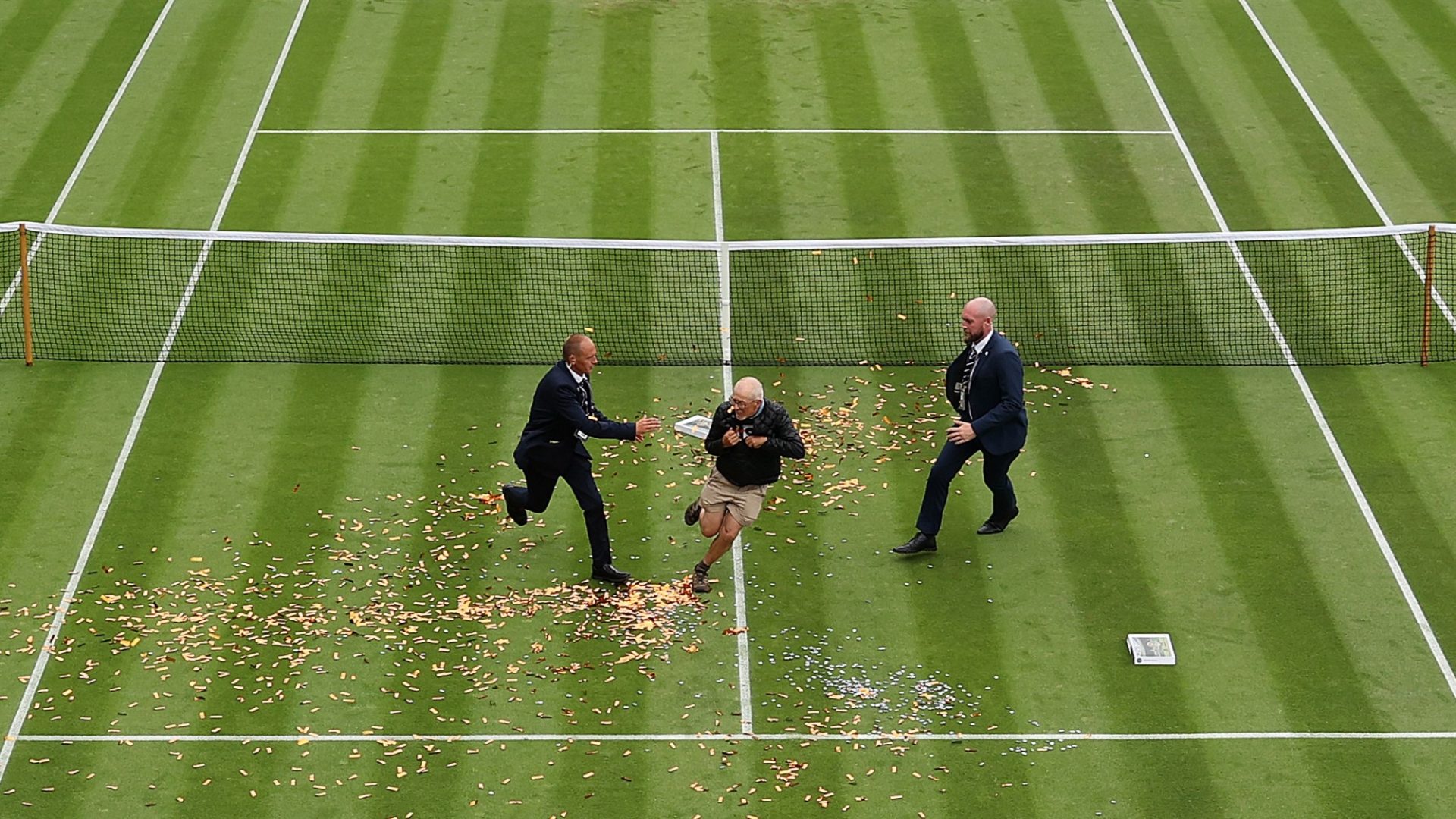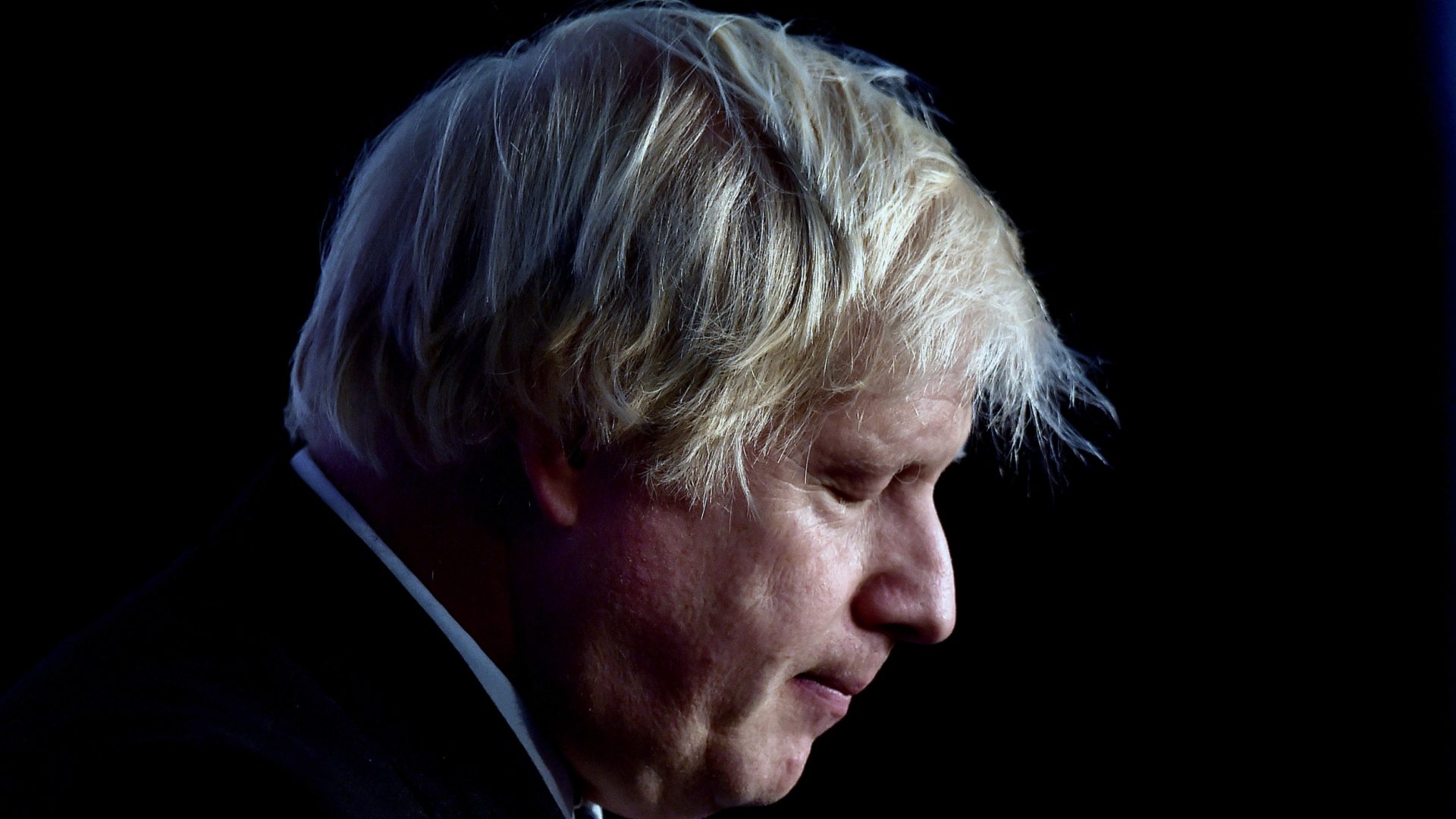The Telegraph and Spectator are back in the hands of the Barclay family – for now – after their £1.2bn debt to Lloyds was repaid by an American investment fund. The bank is presumably happy, but few others are. For the papers’ rescuer, Redbird IMI, which is headed by a former CNN chief, is financed by Abu Dhabi. And that, according to concerned Tory MPs, could mean an “autocratic state taking control of two of Britain’s most important newspapers”.
The Mail, which had hoped to add the titles to its stable, has been in a froth about this for weeks. Not because it was going to be denied its prize, you understand, but because of the threat to press freedom in this country. In a column for the Mail last month, Stephen Glover raged: “No major British publication should be controlled by the deputy PM of a foreign power that is a virtual dictatorship.”
Abu Dhabi has, naturally, given assurances that there will be no interference in editorial, that it would be a passive investor, that it was committed to upholding the Telegraph’s standards, that it would be financial nonsense to tarnish the reputation of its new asset, and so forth. But the government and the press are unconvinced. The culture secretary has ordered an investigation and so the fight to get the takeover blocked is being intensified.
Journalists at the Telegraph, which initially reported dispassionately on the takeover negotiations, are described as being in open revolt, and columnists are now being allowed to protest in print about the deal. The Mail is beating its drum ever more loudly, bringing out the red ink for a headline drawing on remarks by the former Telegraph editor Charles Moore saying readers would never forgive a government that let the paper be sold to a foreign power.
The Times, too, is piling in, with stories first in business and then in the news pages. A couple of weeks ago Jemimah Steinfeld of Index on Censorship wrote a column about the risk that an investor with huge reserves of capital might turn out to be a poisoned chalice. She cited Vice, the counter-cultural news organisation, which has recently signed a deal with a media group controlled by the Saudi Arabian government, and where articles about the treatment of LGBQT people in the kingdom had been spiked.
Of course it would be nice to have a homegrown owner for the Telegraph titles. But British people with huge amounts of capital to squander on a dying industry are thin on the ground.
Press ownership in this country is in need of serious scrutiny. But it will never happen under the Conservatives and is unlikely to happen under any other party. We don’t need to make the situation worse – and the overall character of this Telegraph takeover will depend on whether the reassurances about RedBird operating independently can be relied upon – and please do remember all those assurances about independence that foreign publisher Rupert Murdoch gave when he bought the Times and Sunday Times.
Is there really a threat to press freedom? The UAE’s rulers may preside over a restricted press in their own country, but financial control of two newspapers and a magazine in the UK is not the same as state control of the entire media landscape. The papers would be free to publish – and suppress – whatever they wished, as do all the other titles in this country (most of which happen to be owned by foreigners, or non-doms, or tax exiles). The Telegraph itself has form on this under its current owners, for example in its non-coverage of the HSBC tax-avoidance scandal in 2015, which prompted the resignation of the journalist Peter Oborne.
But the UAE’s involvement puts things in a whole new light. They’ll pollute our media environment and threaten our society and our freedom of expression. But surely the rest of the media could call them out if they started publishing propaganda? Because we all know that no other outlet in Britain publishes propaganda, or follows an agenda. We just wouldn’t tolerate it. Would we?
To test that point, I tried typing “RedBird” into the search box of the
cuttings service I use – it gives me a digest of everything printed in the
national press – with a timeframe of the past fortnight. This produced 101
results. Then I tried typing “Huhne”. This time I got three.
Last week another batch of payments were made to a dozen celebrities who had taken News Group Newspapers, owners of the Sun, to court for hacking and illegal information gathering. They included a “substantial six-figure sum” to the former LibDem cabinet minister Chris Huhne, who took the whole hacking scandal to a new level with claims that private investigators pursued him, not at the behest of reporters, news editors or editors, but on the orders of executives, including Rebekah Brooks and James Murdoch. Their objective, he claimed, was to interfere with the business of government. This allegation wasn’t about eavesdroppers picking up tittle-tattle, it was about a corporate entity – a foreign one at that – using underhand and illegal methods to try to influence the way our country is run. News Group denied all that.
It has to be said that Huhne’s reputation has been forever tarnished after being jailed over a speeding ticket; there may have been legitimate interest in his activities. The question is how was that interest pursued? If the journalistic endeavour was honest and above board, why did News Group pay him that “substantial six-figure sum”?
The company says Huhne could have carried on and taken the case to court. But that could have brought him to financial ruin, as News Group knows very well. It’s why it’s paying such vast sums to so many people – the latest estimate is something like £1.6bn since the hacking scandal broke in 2011. While accepting things were bad at the News of the World, it is desperate to keep the Sun’s name “clean”. So far, just one person has not been deterred by the frightening financial ramifications of pressing their case against the Sun to the bitter end: Prince Harry remains determined to have his day in court, and that day is fast approaching.
Meanwhile, in a completely unconnected development, virtually the whole of Fleet Street is obsessed with the latest book about Harry and Meghan, seizing on anything that “proves” how nasty they are, or that discredits the book’s author Omid Scobie, one of the few journalists the couple trust. If you search the cuttings library for the name “Scobie”, the results number in the thousands – there have been 16 national newspaper lead stories and countless column inches inside in the space of two weeks.
Investigative journalists and their employers – including News UK – get very hot under the collar about so-called SLAPP cases, where hugely wealthy people start defamation suits to shut down journalistic inquiry and thus avoid public scrutiny. Quite right too. It is wrong that rich individuals or corporations should be able to use pots of money that ordinary people don’t have to prevent bad stuff they’re doing being revealed in the public interest. But then Murdoch – and indeed the Mirror – are reaching hacking settlements along with accompanying non-disclosure agreements of precisely the kind that investigative journalists say are misused by – other – powerful organisations.
If it is in the public interest to hear every spit and cough of what Meghan said about Kate and to scream blue murder about an “autocratic foreign state” taking over one of our newspapers, isn’t it also in the public interest to report that a former cabinet minister (and a 7/7 victim and a Spice Girl and a couple of actors and a DJ among other celebrities) have been paid buckets of money by a company that insists it has done nothing wrong?
This is what Huhne had to say: “Searching for political kompromat, spying on government ministers for commercial gain and knowingly telling repeated lies to maintain sales and ratings should all be utterly unacceptable in any responsible media organisation, yet are the stock in trade of the two Murdoch media companies.”
Strong stuff. And so was the denial: “Mr Huhne had the right to go to trial but chose to negotiate a financial settlement and to settle his legal action rather than have these allegations tested at trial. It is strongly denied that there was any corporate motive or direction to obtain information unlawfully. Huhne was a senior politician and stories published were legitimate and in the public interest.”
Whichever of those statements is right, the claim and counterclaim should have been reported. The Guardian, as the standard bearer for the hacking investigations, did. The Times had the gumption and honour to do so as well. The i had a few paragraphs on the settlements, but nothing on Huhne.
Meanwhile, those papers most concerned about the press being shackled or gagged by some foreign autocracy – the Mail and the Telegraph – gagged themselves and pretended it never happened. As did the Sun, Mirror and Express. Their owners are all, along with the Mail, being sued by Prince Harry. The Mafia has a word for it. Omertà.




